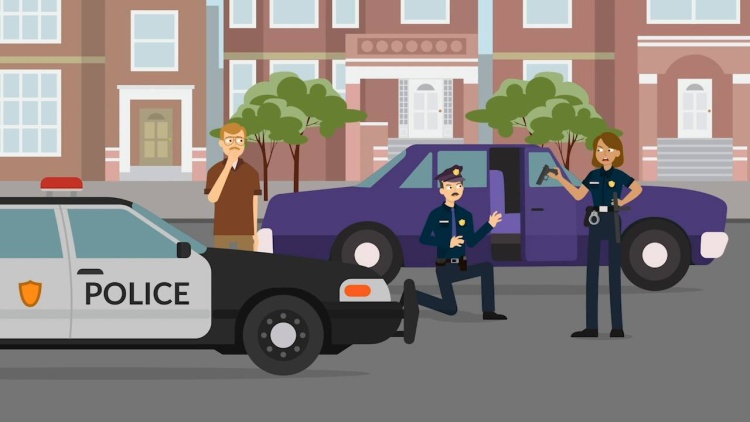United States v. Ross
United States Supreme Court
456 U.S. 798 (1982)

- Written by Richard Lavigne, JD
Facts
Ross (defendant) was arrested pursuant to an informant’s tip that he was selling illegal drugs kept in the trunk of his car. District of Columbia police officers stopped Ross’ car and conducted a search. During the search, the officers found a bullet on the driver’s seat. The officers then searched the glove compartment and discovered a gun. Ross was placed under arrest. After arresting Ross, the officers took his keys and opened the trunk of his car. In the trunk, they found a brown paper bag. The officers opened the paper bag and discovered clear plastic bags containing what appeared to be drugs. The car was transported to the police station, where another search of the trunk uncovered a zippered leather pouch. A search of the pouch revealed that it contained a large sum of cash. Ross moved to suppress the introduction at trial of the contents of the paper bag and zippered pouch. The trial court denied Ross’ motion and he was convicted at trial. A panel of the court of appeals concluded that Ross had a greater expectation of privacy with respect to the contents of the zippered pouch than with respect to the contents of the paper bag. The panel upheld the judgment of conviction based on the admissibility of the paper bag evidence. The court of appeals en banc reversed the panel decision and vacated the judgment of conviction. The United States (plaintiff) petitioned the United States Supreme Court for review.
Rule of Law
Issue
Holding and Reasoning (Stevens, J.)
Dissent (Marshall, J.)
What to do next…
Here's why 911,000 law students have relied on our case briefs:
- Written by law professors and practitioners, not other law students. 47,100 briefs, keyed to 997 casebooks. Top-notch customer support.
- The right amount of information, includes the facts, issues, rule of law, holding and reasoning, and any concurrences and dissents.
- Access in your classes, works on your mobile and tablet. Massive library of related video lessons and high quality multiple-choice questions.
- Easy to use, uniform format for every case brief. Written in plain English, not in legalese. Our briefs summarize and simplify; they don’t just repeat the court’s language.





